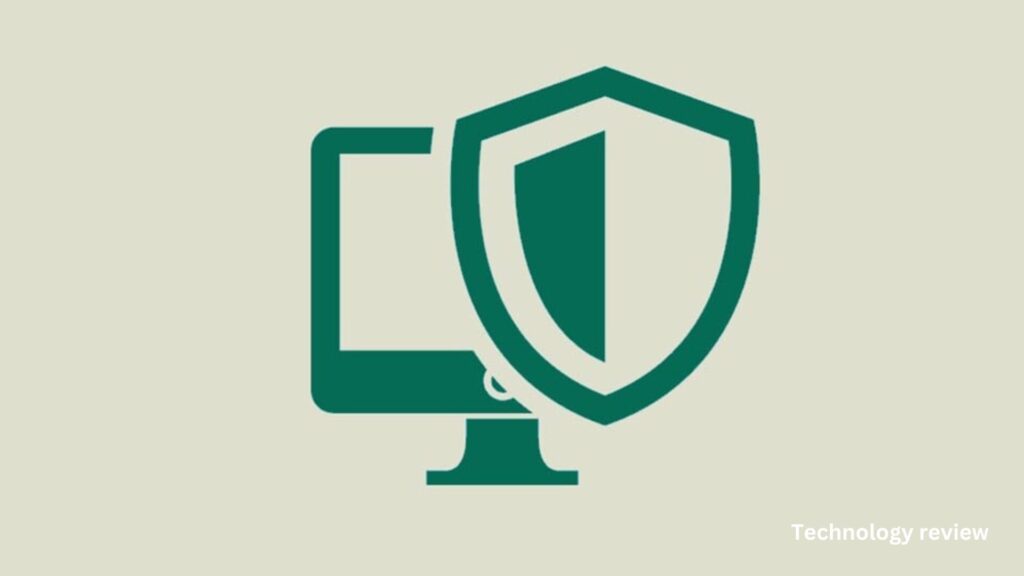Cybersecurity Tips for Small Businesses in 2024 As a small business owner in 2024, you face an ever-evolving landscape of digital threats. Cybercriminals are becoming increasingly sophisticated, targeting companies of all sizes with ransomware, phishing scams, and data breaches. The consequences of an attack can be devastating, potentially crippling your operations and damaging your reputation. However, you don’t need an enterprise-level budget to protect your business. By implementing some key cybersecurity best practices, you can significantly reduce your risk and safeguard your valuable digital assets. This article will outline essential cybersecurity tips to help fortify your small business against online threats in the coming year.
Introduction to Cybersecurity for Small Businesses
In today’s digital landscape, small businesses are increasingly vulnerable to cyber threats. Understanding and implementing cybersecurity tips for small businesses is no longer optional- it’s a necessity for survival and growth in the modern marketplace.
The Growing Threat Landscape
Small businesses often mistakenly believe they’re too insignificant to be targeted by cybercriminals. However, their typically weaker security measures make them attractive targets. In fact, 43% of cyberattacks target small businesses, according to recent studies. This sobering statistic underscores the urgent need for robust cybersecurity measures.
Why Cybersecurity Matters for Small Businesses
Implementing effective cybersecurity strategies offers several benefits:
- Protection of sensitive data: Safeguard customer information, financial records, and proprietary business data.
- Maintenance of business continuity: Avoid costly downtime and potential loss of customer trust.
- Compliance with regulations: Meet industry standards and avoid legal penalties.
- Competitive advantage: Demonstrate to clients that their data is safe with your business.
Getting Started with Cybersecurity
Begin by assessing your current security posture. Identify potential vulnerabilities in your systems, networks, and processes. Then, develop a comprehensive cybersecurity plan tailored to your business needs. Remember, cybersecurity is an ongoing process, not a one-time fix. Stay informed about the latest threats and regularly update your security measures to stay ahead of cybercriminals.
Top 5 Cybersecurity Threats Facing Small Businesses
As a small business owner, understanding the cybersecurity landscape is crucial. Here are the top five threats you need to be aware of:
1.Phishing Attacks
Phishing remains one of the most prevalent cybersecurity threats for small businesses. These deceptive emails or messages trick employees into revealing sensitive information or clicking malicious links. Stay vigilant and train your staff to recognize these attempts.
2.Ransomware
This malicious software encrypts your data, holding it hostage until a ransom is paid. Implementing regular backups and robust security measures are essential cybersecurity tips for small businesses to protect against ransomware attacks.
3.Insider Threats
Sometimes, the danger comes from within. Disgruntled employees or those with malicious intent can cause significant damage. Implement strict access controls and monitor user activities to mitigate this risk.
4.Weak Passwords
Many breaches occur due to easily guessable passwords. Enforce strong password policies and consider implementing multi-factor authentication for an added layer of security.
5.Outdated Software
Unpatched software is a common entry point for cybercriminals. Regularly update all systems and applications to ensure you’re protected against the latest vulnerabilities. This is one of the most crucial cybersecurity tips for small businesses that’s often overlooked.
By understanding these threats and implementing appropriate safeguards, you can significantly enhance your small business’s cybersecurity posture.
Implementing Basic Cybersecurity Measures on a Budget
Implementing robust cybersecurity measures doesn’t have to break the bank. Small businesses can take several cost- effective steps to enhance their digital security. Here are some essential cybersecurity tips for small businesses that won’t strain your budget:
Strengthen Your Passwords
Start by enforcing strong password policies. Require employees to use complex passwords and implement multi-factor authentication (MFA) wherever possible. These simple steps can significantly bolster your defenses against unauthorized access. Cybersecurity Tips for Small Businesses
Keep Software Updated
Regularly update all software and operating systems to patch known vulnerabilities. Many cyberattacks exploit outdated systems, so staying current is crucial. Enable automatic updates when available to ensure consistent protection.
Educate Your Team
Employee training is a cost-effective way to improve cybersecurity. Conduct regular sessions on identifying phishing attempts, safe browsing habits, and proper data handling. An informed team is your first line of defense against cyber threats. Cybersecurity Tips for Small Businesses
Backup Your Data
Implement a robust backup strategy to protect against data loss. Use cloud storage or external hard drives to regularly backup critical information. This precaution can be a lifesaver in case of ransomware attacks or system failures.
By implementing these basic cybersecurity measures, small businesses can significantly enhance their digital security without incurring substantial costs. Remember, cybersecurity is an ongoing process, so regularly review and update your practices to stay protected. Cybersecurity Tips for Small Businesses
Creating a Cybersecurity Culture Within Your Small Business
Implementing cybersecurity tips for small businesses goes beyond just installing antivirus software. It’s about fostering a culture where every employee understands their role in protecting the company’s digital assets. Here’s how to cultivate this mindset:
Educate and Train Regularly
Organize frequent training sessions to keep your team updated on the latest threats and best practices. Make cybersecurity a part of your onboarding process for new hires. Consider gamifying the learning experience to boost engagement and retention of crucial information. Cybersecurity Tips for Small Businesses
Lead by Example
As a business owner or manager, demonstrate your commitment to cybersecurity. Follow protocols diligently and openly discuss the importance of digital safety. Your actions will set the tone for the entire organization.
Encourage Open Communication
Create an environment where employees feel comfortable reporting suspicious activities or potential breaches without fear of repercussion. Establish clear channels for reporting and responding to security concerns.
Implement and Enforce Policies
Develop comprehensive cybersecurity policies tailored to your small business needs. Ensure these guidelines are easily accessible and clearly communicated. Consistently enforce these policies to underscore their importance.
By integrating these cybersecurity tips for small businesses into your company culture, you’ll create a more resilient and security- conscious workforce, significantly reducing your vulnerability to cyber threats.
Responding to a Cybersecurity Incident: A Plan of Action
When it comes to cybersecurity tips for small businesses, having a robust incident response plan is crucial. This plan should outline the steps to take when a security breach occurs, ensuring a swift and effective reaction.
Immediate Steps
- Isolate affected systems to prevent further damage
- Notify key personnel and activate your response team
- Document everything: time, actions taken, and observations
Investigation and Analysis
Once the immediate threat is contained, conduct a thorough investigation. Determine the extent of the breach, identify compromised data, and analyze the attack vector. This information is vital for preventing future incidents and meeting legal obligations.
Communication Strategy
Transparent communication is essential during a cybersecurity incident. Develop a clear message for employees, customers, and stakeholders. Be honest about the situation while avoiding speculation or premature conclusions.
Recovery and Lessons Learned
After addressing the immediate threat, focus on recovery. Restore systems from clean backups and implement additional security measures. Conduct a post-incident review to identify areas for improvement in your cybersecurity strategy. Remember, cybersecurity tips for small businesses aren’t just about prevention-they’re also about preparation. By having a solid incident response plan, you’ll be better equipped to handle potential threats and minimize their impact on your business.
Conclusion
As you navigate the ever-evolving cybersecurity landscape in 2024, remember that protecting your small business is an ongoing process. By implementing these essential tips, you’ll significantly reduce your risk of falling victim to cyber attacks. Stay vigilant, keep your systems updated, and prioritize employee training. Remember, cybersecurity is not just an IT issue-it’s a critical business concern that requires attention at all levels of your organization. With a proactive approach and the right strategies in place, you can safeguard your valuable data, maintain customer trust, and ensure the continued success of your small business in an increasingly digital world.



